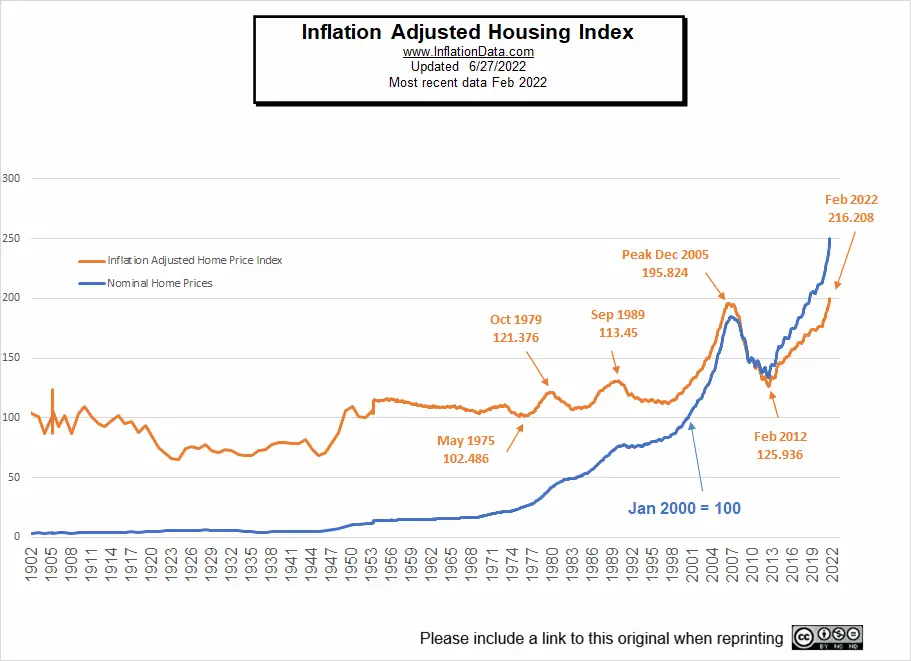The plural of anecdote is not data, but here is an anecdote:
Bought my first house for $200k when 30-year was 8%
Same house sold early 2022 for $685 when 30-year was 2.75%
But, median household income in my area for 2000 was $42,148; for 2022 it was $79,057.
Assuming 20% down, monthly payment for 2000 would be $1,174 vs. $2,237, or 33.43% vs. 33.96% of median income. So almost no difference despite supposedly higher demand in general and because of pandemic, as well as no consideration for substantial improvements made to house over that time. Larger down payment, yes, but property tax increases are de facto capped here to 3%.
Of course, the calculus changes drastically if you look at today: a 6.5% mortgage would be a $3,301 payment or 50.1% of 2022 median income (or maybe 38% if income went up 10% y-o-y).
So I sort of agree and disagree with premise of original post. In a "normal" economy with interest rates slowly decreasing (or increasing), affordability was probably about the same. It hurt a bit to buy then and hurt a bit to buy in 2021-22. But a sudden increase of mortgage rates by 4 points (in a year and a half or so) really distorts the market - buyers can't buy, sellers don't want to sell. Something will have to give but it will take longer than when prices were going up.


